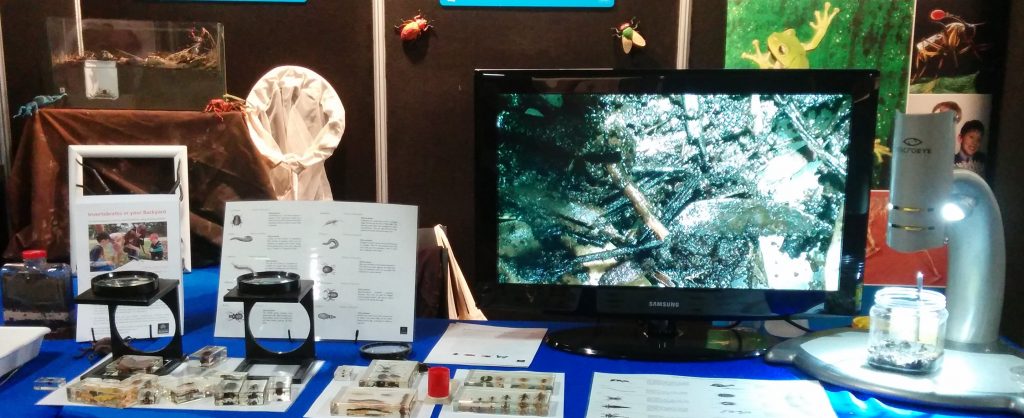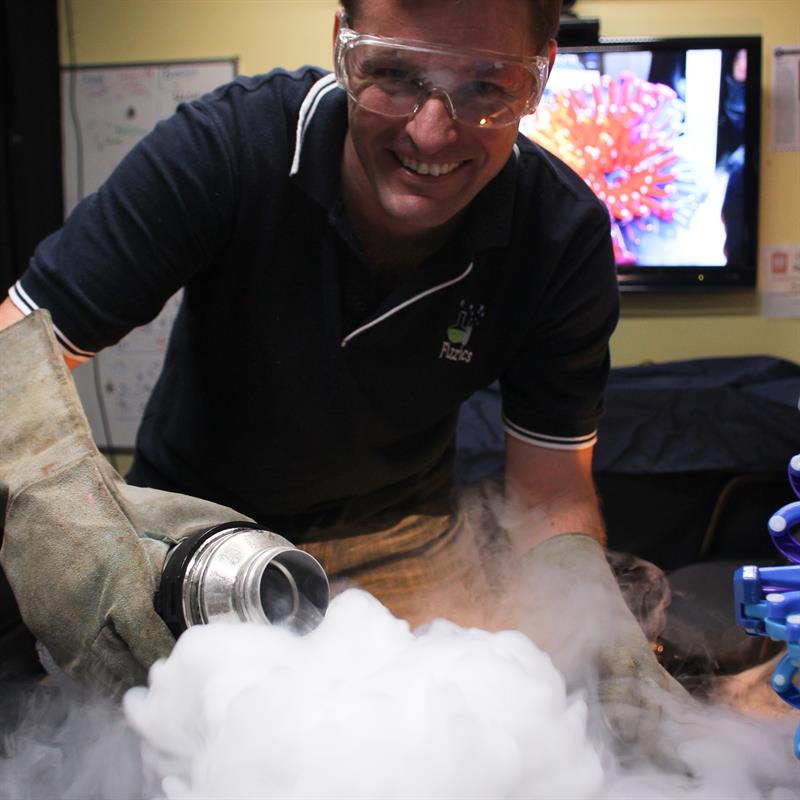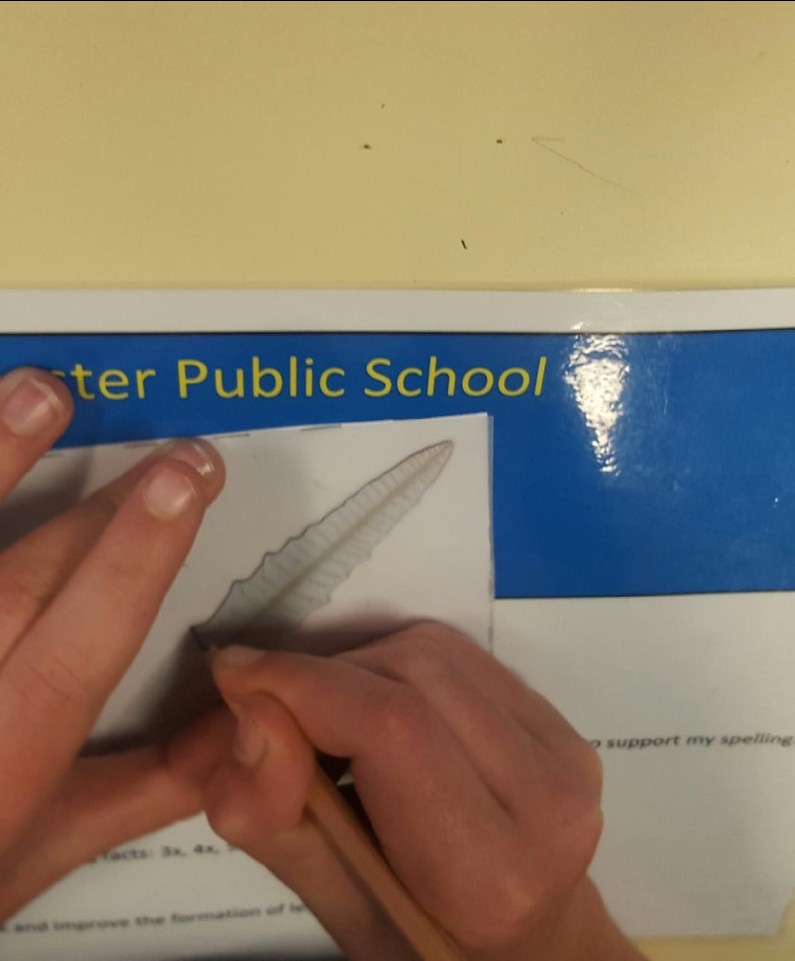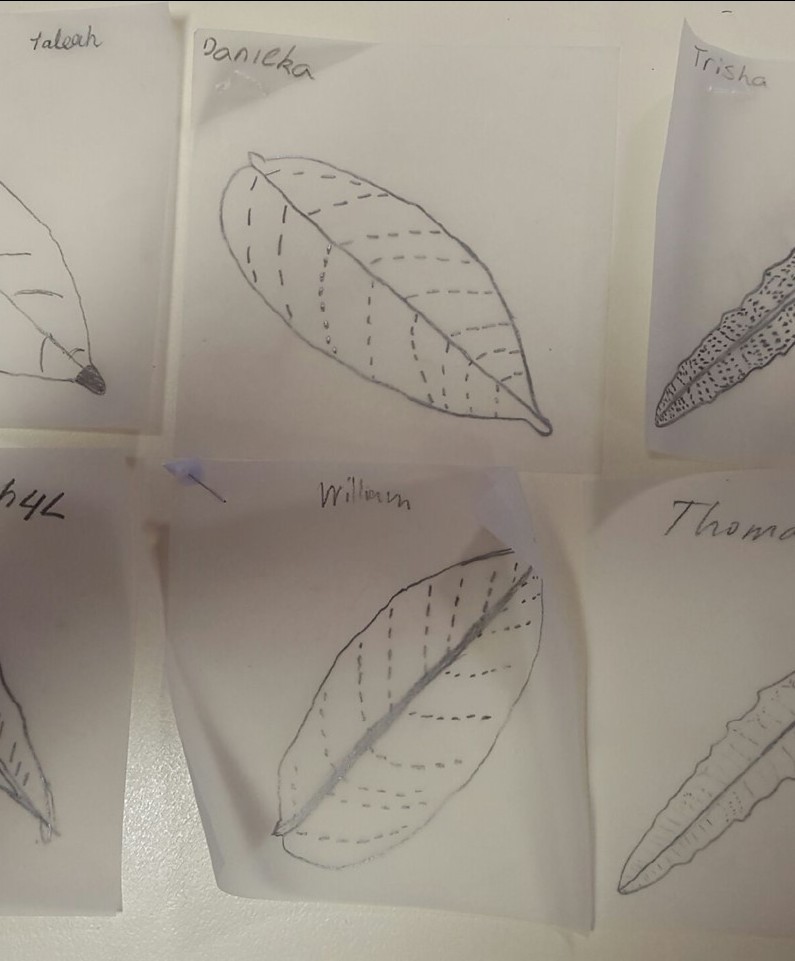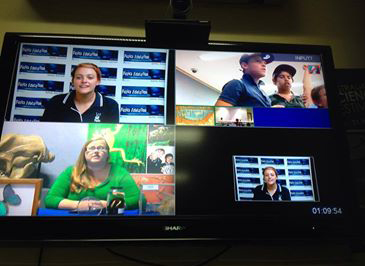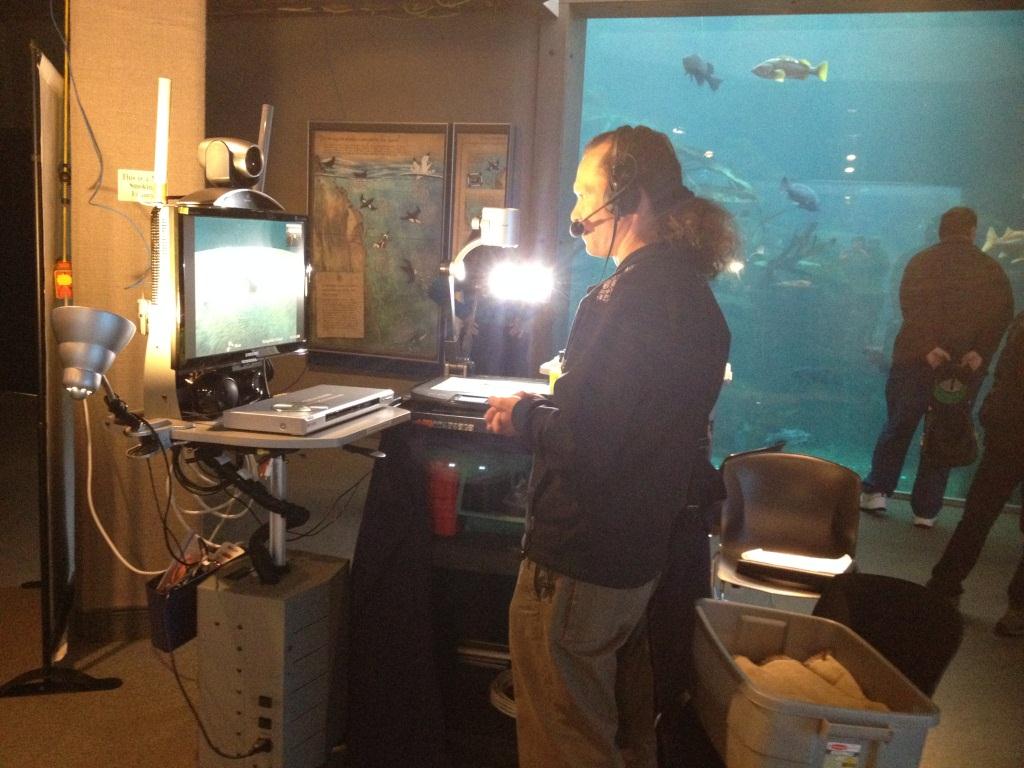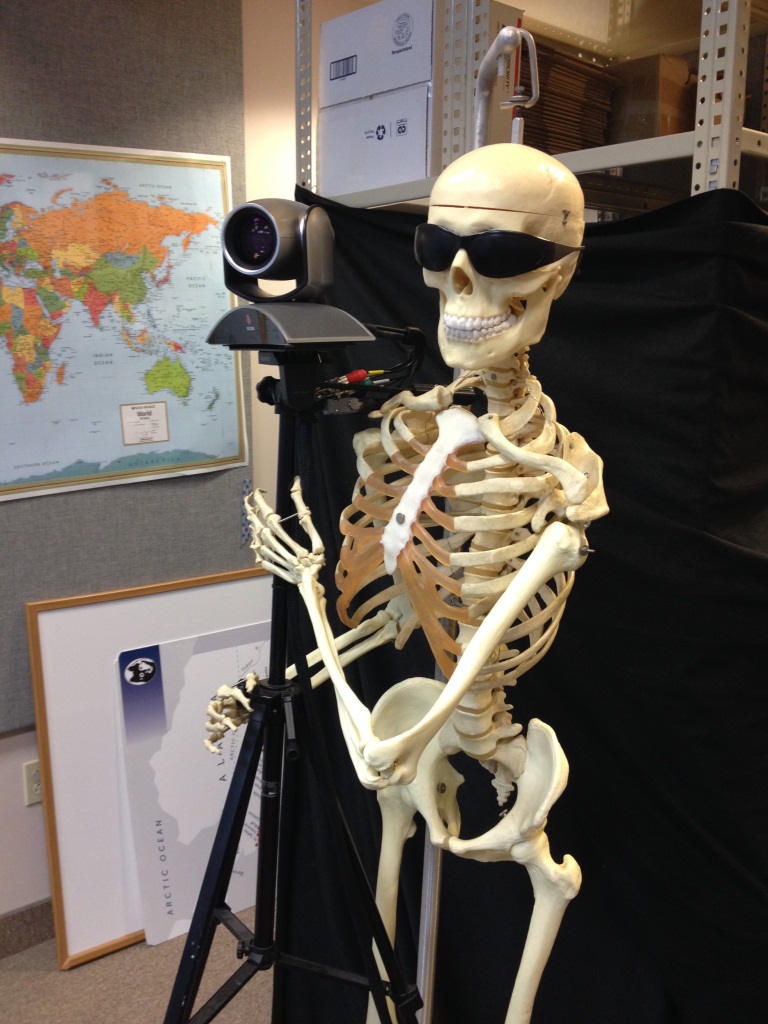There have been some great collections of digital programs being complied from around the world. I wanted to create a list of Australian education providers and websites that have great resources. There are some great options to help your students and kids in class or at home.

ABC Education
ABC Education brings you thousands of free, curriculum-linked resources for Primary and Secondary students and teachers.
ABC TV Education broadcasts two hours of dedicated education programming for school aged viewers nationwide each weekday from 10am – 3pm on ABC ME.
Live Streams
Sea EagleCAM is a live remote feed operating out of the BirdLife Discovery Centre in the Armory at Sydney Olympic Park close to the Parramatta River.
Zoos Victoria is bringing the zoo to you with learning activities, resources, webinars and live stream animals to help with real-world learning, by distance. Check out the Zoo Education Online resources. Melbourne Zoo and Werribee Open Range Zoo have set up a live streams of enclosures online.
Taronga Zoo Sydney has set up 24/7 live-streaming cameras at so you can enjoy your favourite animals at any time of day.
Get up close with our animals from the comfort of your own home and discover more about WILD LIFE Sydney Zoo by watching our live streams below.
ReefCam is Australia’s first ever rocky-reef, live-feed, combined under and above water webcams. Discover species found in Port Phillip Bay including the underwater flora and fauna.
Virtual Tours
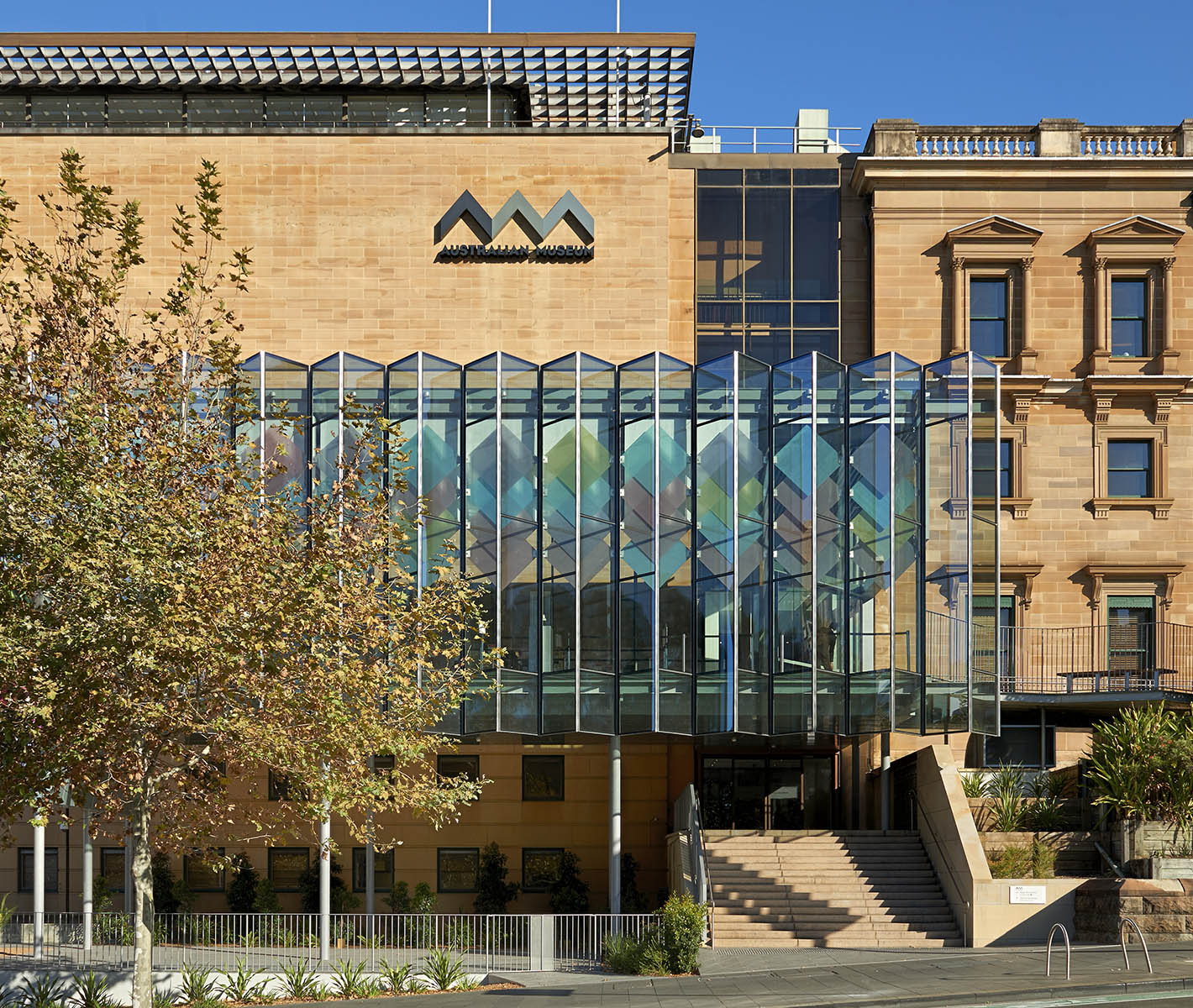
Australian National Maritime Museum – Virtual Endeavour
Macquarie Island Research Station
Queensland Gallery of Modern Art
Find more virtual tours with Google Arts and Culture
Online resources
Fizzic Education has 150 Science Experiments online for FREE. Science experiments and project ideas using simple, low cost materials that teach science easily.
Sydney Science Education has FREE Earth and Environmental Science resources with simple information and ideas.
Cool Australia has FREE activities and resources that make teaching and understanding real world scenarios as easy as possible.
Australian Music Examinations Board Theory of Music online courses now FREE
TedED is producing high-quality, interactive, video-based lessons to help teaching and learning from home.
Virtual Field Trips
Here are 30+ great Virtual Field Trips for early learners to explore from your home on your couch. From zoos and landmarks to famous museums, you can explore the world with your child with over a month of virtual field trips
Interactive online programs

Interactive activities direct to your home through as Virtual Excursion. Fizzics Education, Sydney Science Education, REDed Dance and Chess Mates are all offering online school holiday programs.



